It is the latest effort by the European Union to crack down on disinformation, which EU officials warn has been growing in popularity in recent years, especially following the emergence of recent AI technologies.
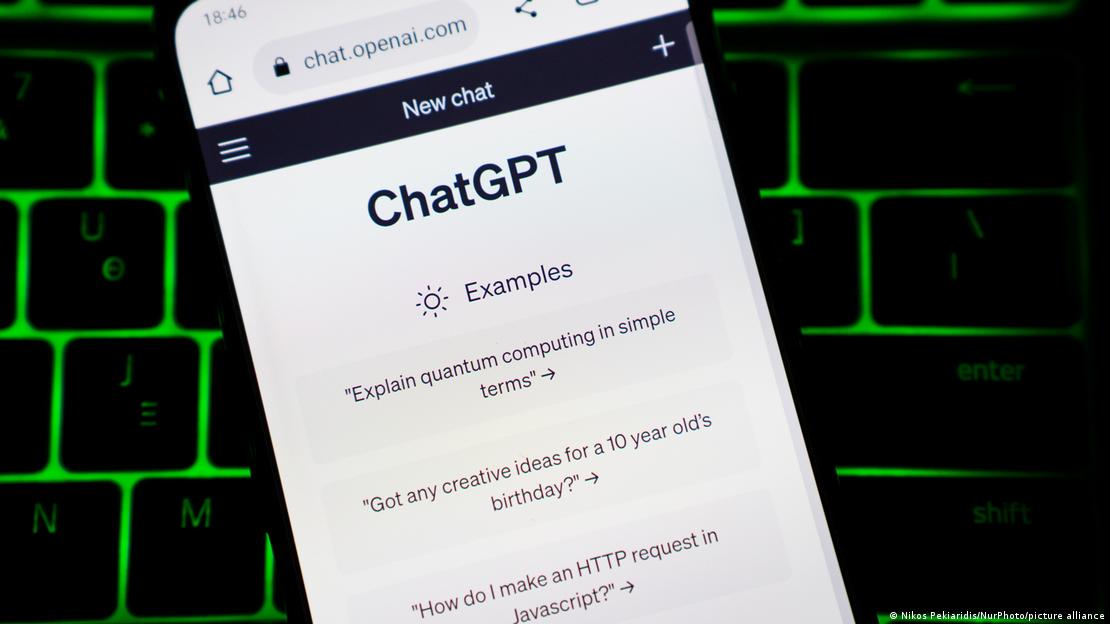
Photo: DPA
"Advanced chatbots like ChatGPT are capable of generating complex content and images, with very credible looking information sources, in just a few seconds," European Commission Vice President Vera Jourova told reporters.
She called on the 44 companies that have signed the EU’s voluntary code of practice to help users better identify content generated by AI. “The labelling should happen now and immediately,” she said.
Will Big Tech have to comply?
In fact, the tech giants are under no obligation to comply with Brussels’ latest request, and they will not be penalized because the code of practice is entirely voluntary. In May, Twitter even withdrew from the EU code of practice.
But next August, the EU's Digital Services Act will come into effect and will require major content moderation on Big Tech platforms, including Twitter.
The Digital Services Act would force companies to be more transparent about their algorithms, strengthen processes to prevent the spread of harmful information and ban targeted advertising based on sensitive data like religion or sexual orientation.
Companies will face fines of up to 6% of their global annual turnover if found to be in breach of the new law and could even be banned from operating in the European Union.
That means that while Twitter, Facebook or TikTok may be able to dodge the EU's latest requirement to immediately label AI-generated images or videos, they will still be fined if they allow them to appear on their platforms and violate the new rules.
EU races to control AI
The European Union is also developing other laws to regulate artificial intelligence, known as the AI Act. The plan would ban some uses of AI outright, such as “social scoring” and facial recognition in public spaces. The proposals would also restrict AI in “high-risk” areas, including recruitment and public transport.
But those rules are still being drafted and are expected to take at least two years before they are adopted and come into force. The EU is currently pursuing a number of interim measures, including a new voluntary AI code of conduct and an “AI pact” that would allow companies to choose to comply with future rules now.
Hoang Ton (according to DW)
Source



![[Photo] Cultural, sports and media bloc at the 50th Anniversary of Southern Liberation and National Reunification Day](https://vstatic.vietnam.vn/vietnam/resource/IMAGE/2025/4/30/8a22f876e8d24890be2ae3d88c9b201c)

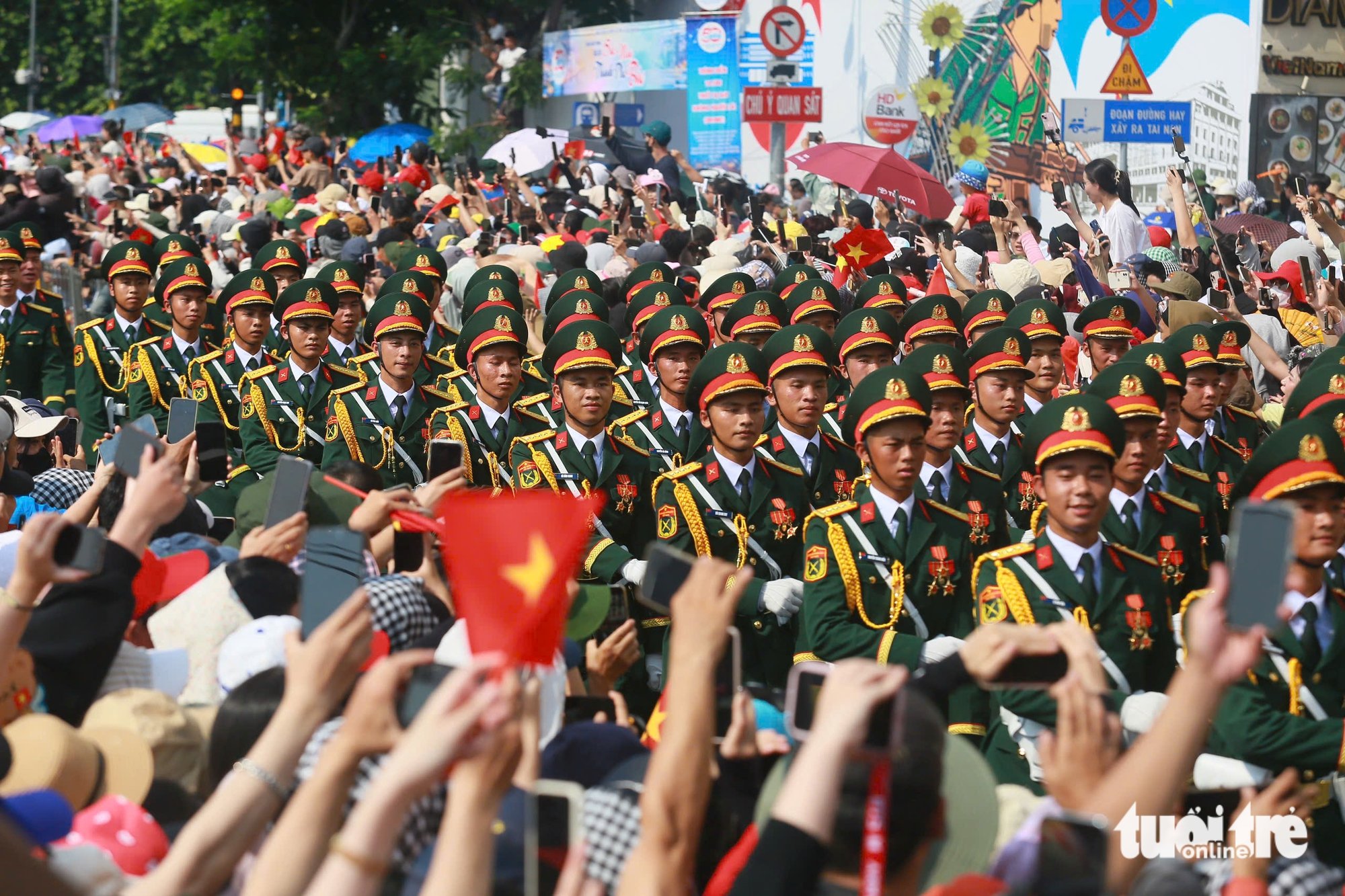
![[Photo] Chinese, Lao, and Cambodian troops participate in the parade to celebrate the 50th anniversary of the Liberation of the South and National Reunification Day](https://vstatic.vietnam.vn/vietnam/resource/IMAGE/2025/4/30/30d2204b414549cfb5dc784544a72dee)
![[Photo] The parade took to the streets, walking among the arms of tens of thousands of people.](https://vstatic.vietnam.vn/vietnam/resource/IMAGE/2025/4/30/180ec64521094c87bdb5a983ff1a30a4)
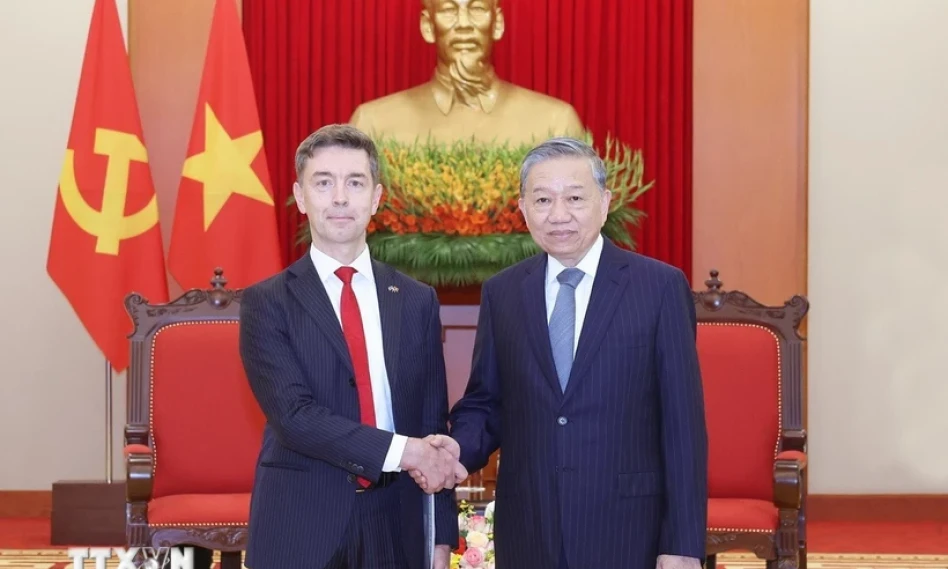



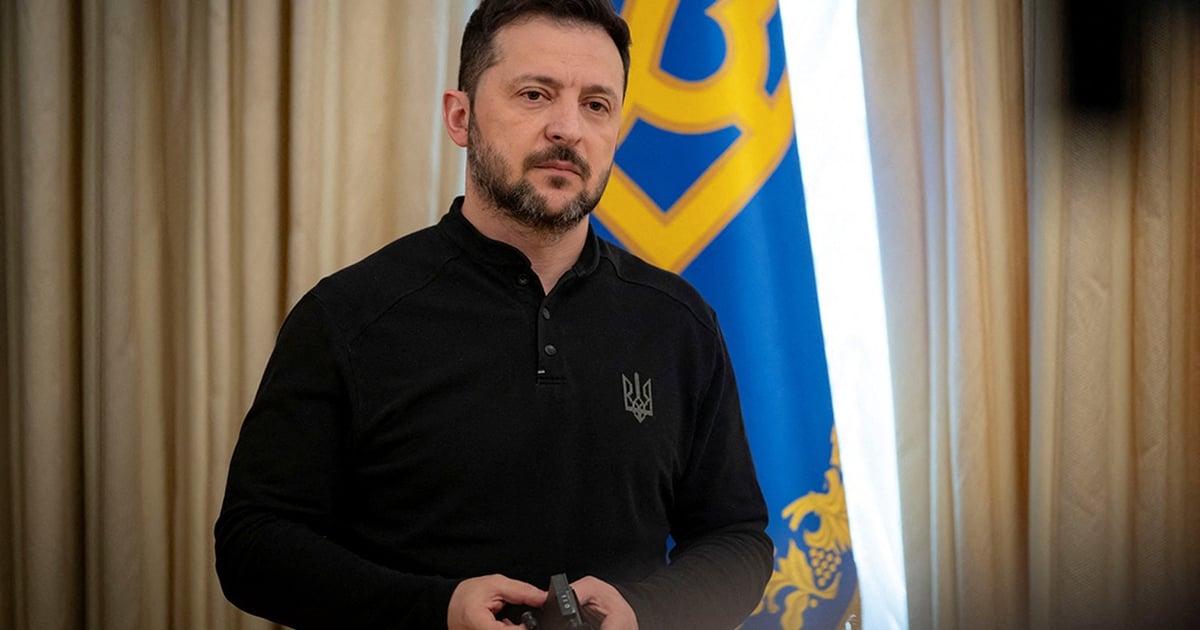

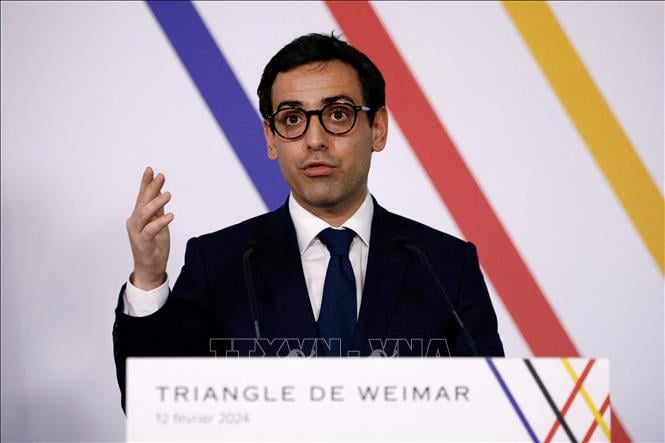


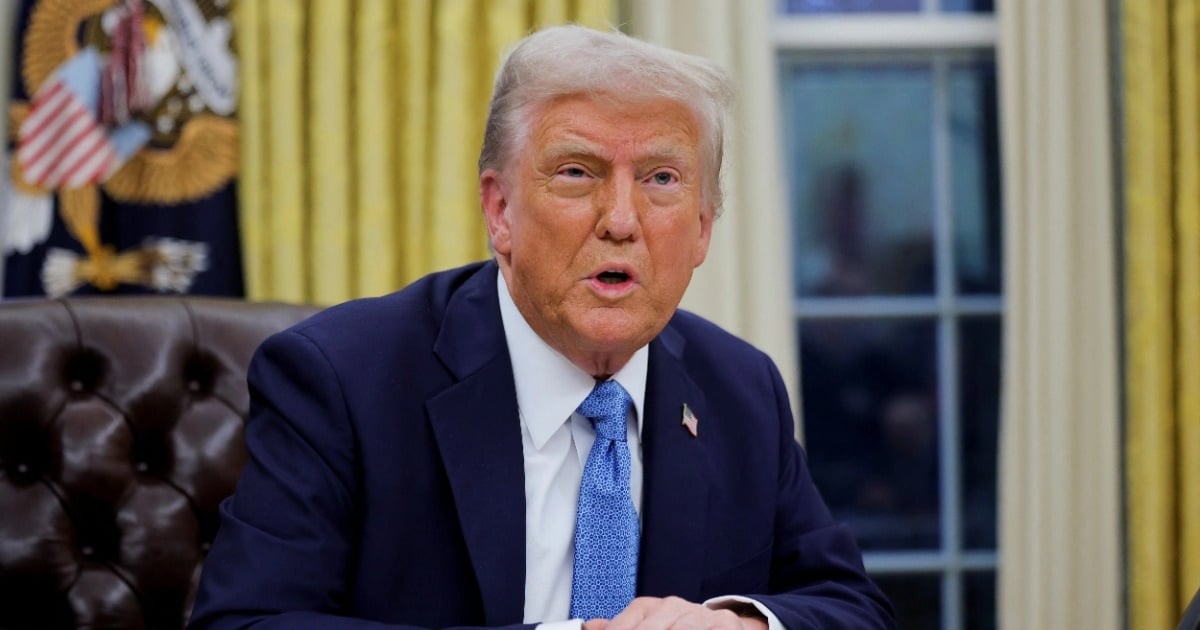

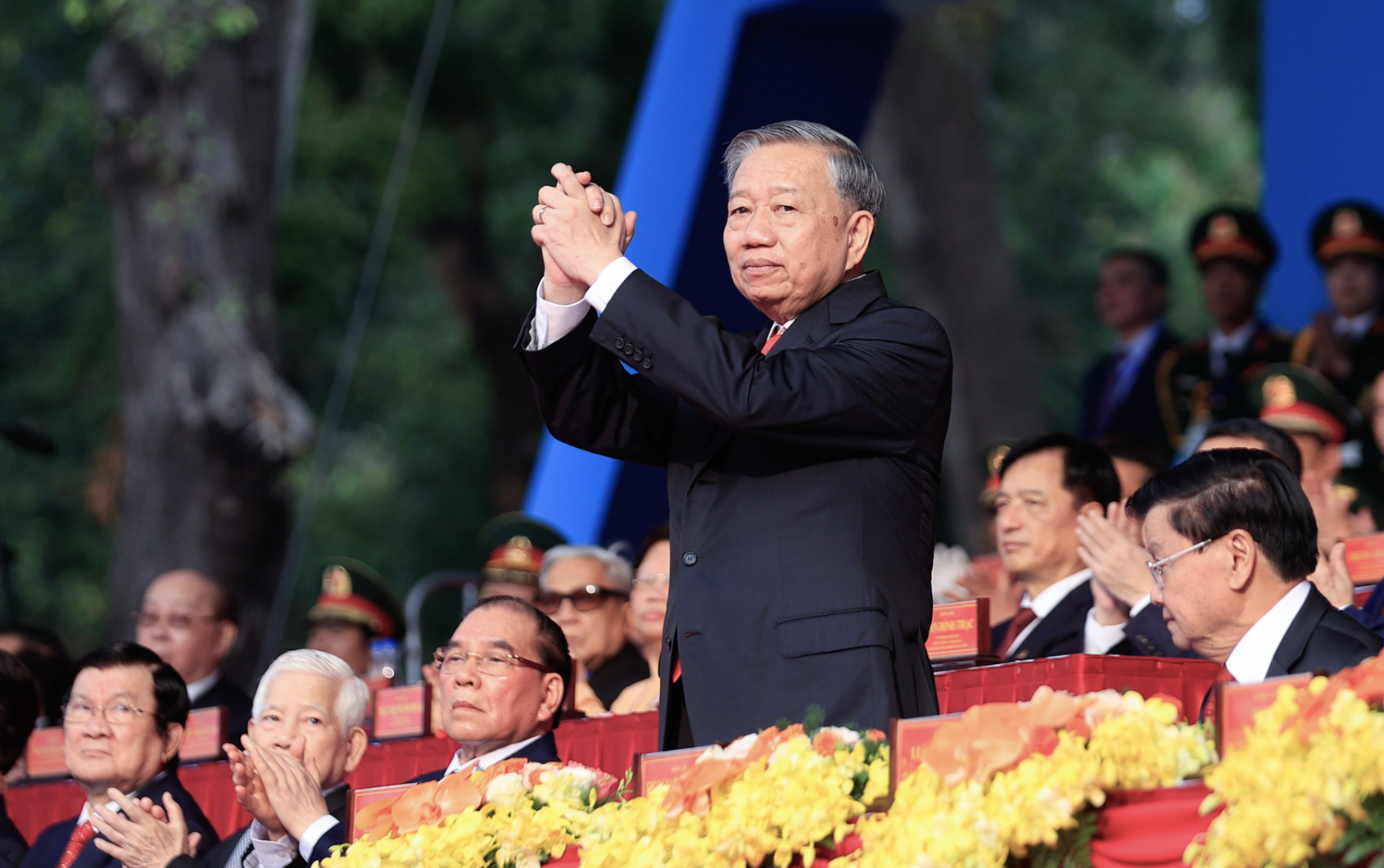














![[Photo] Performance of the Air Force Squadron at the 50th Anniversary of the Liberation of the South and National Reunification Day](https://vstatic.vietnam.vn/vietnam/resource/IMAGE/2025/4/30/cb781ed625fc4774bb82982d31bead1e)











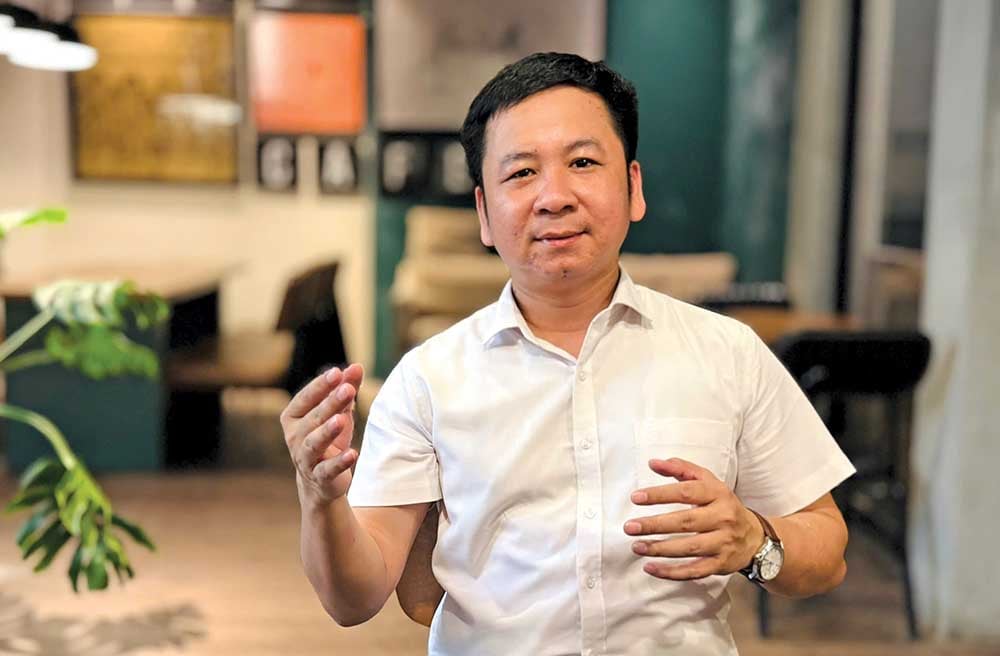

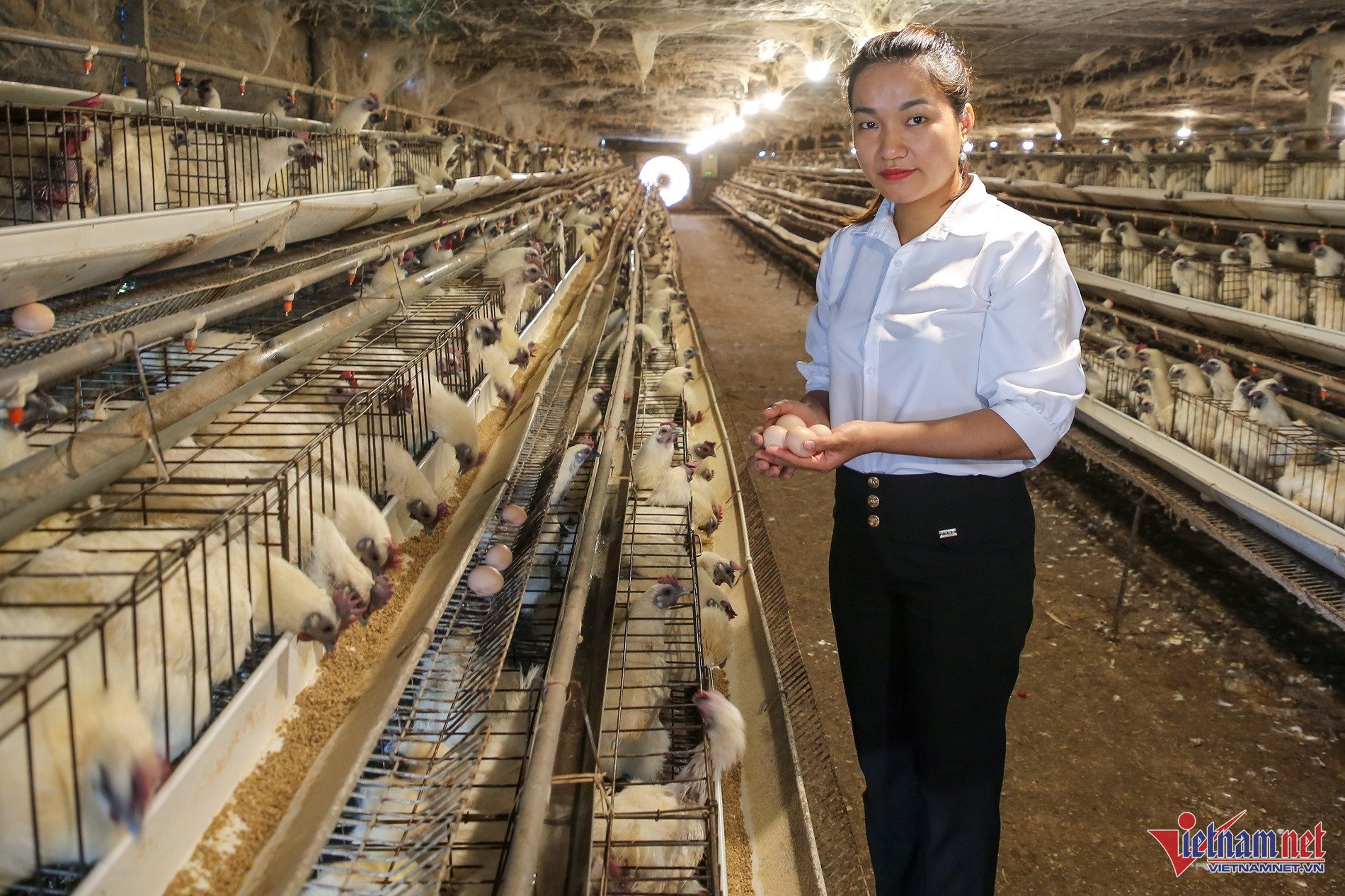



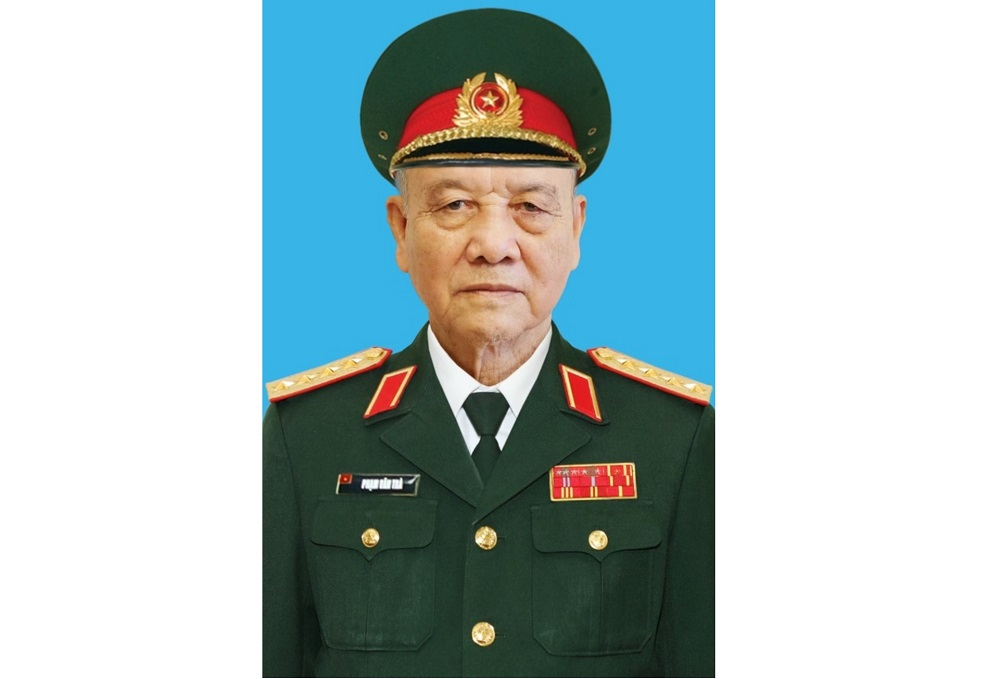









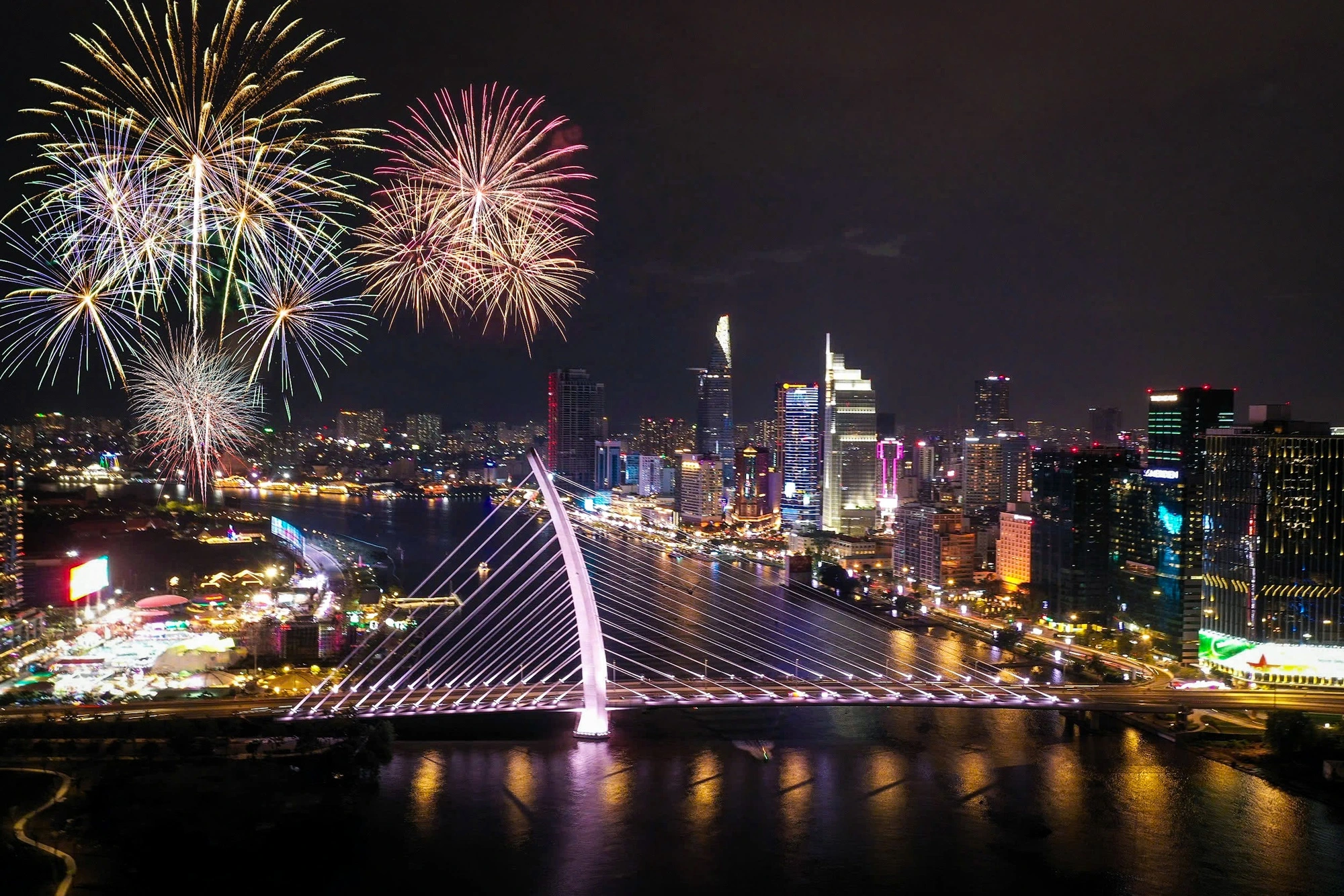
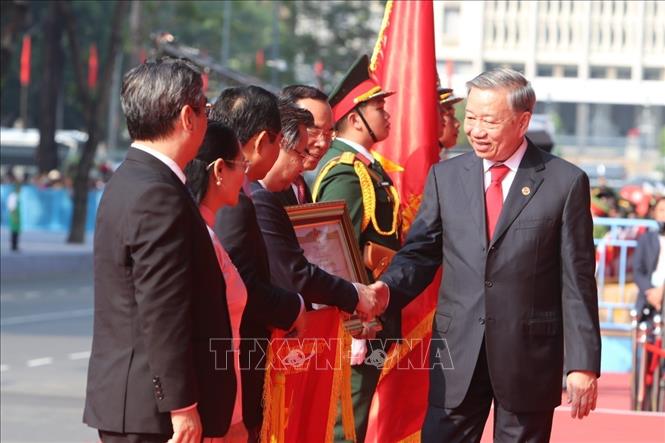




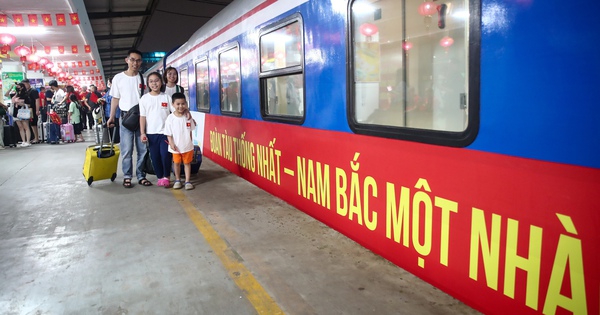



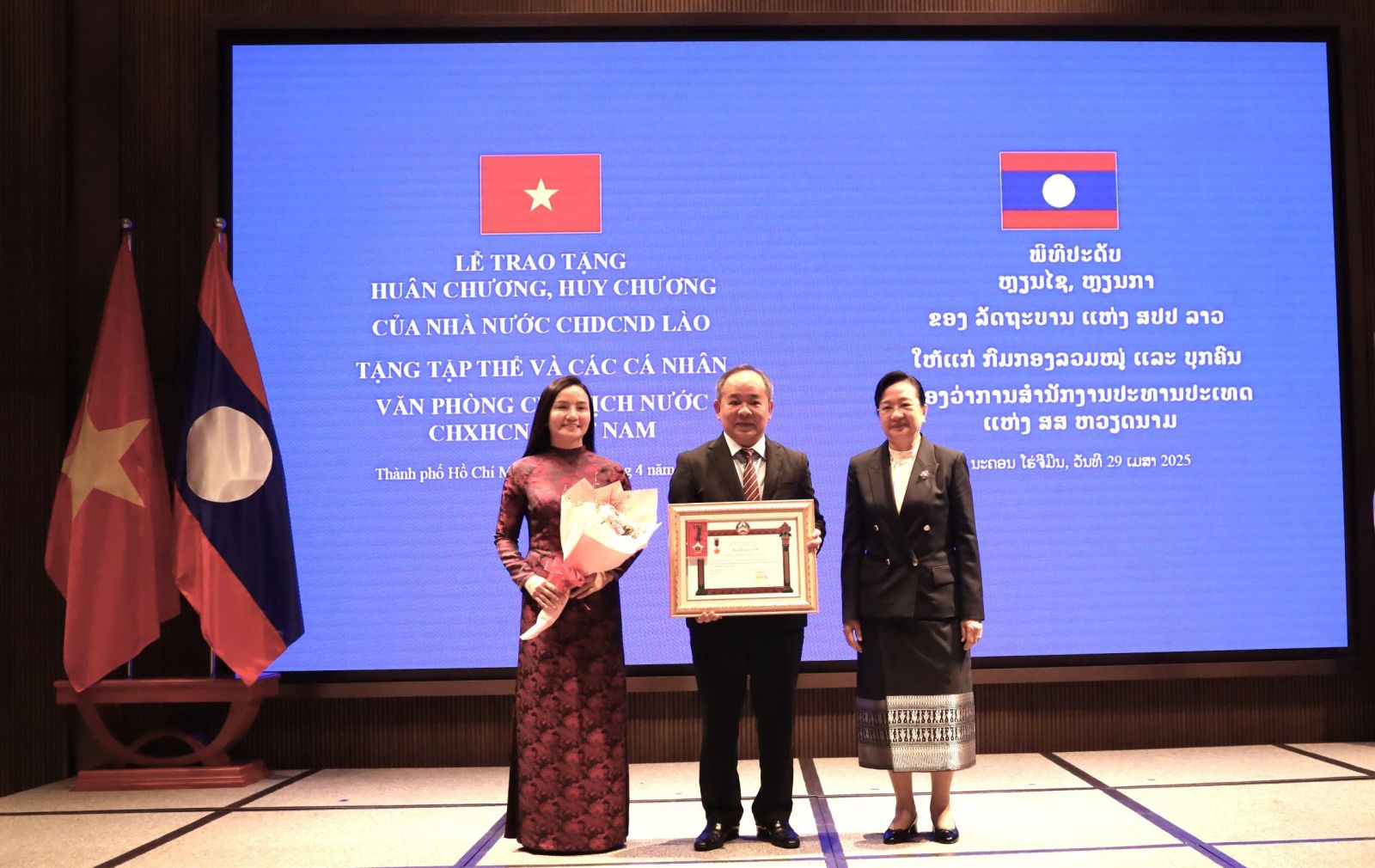






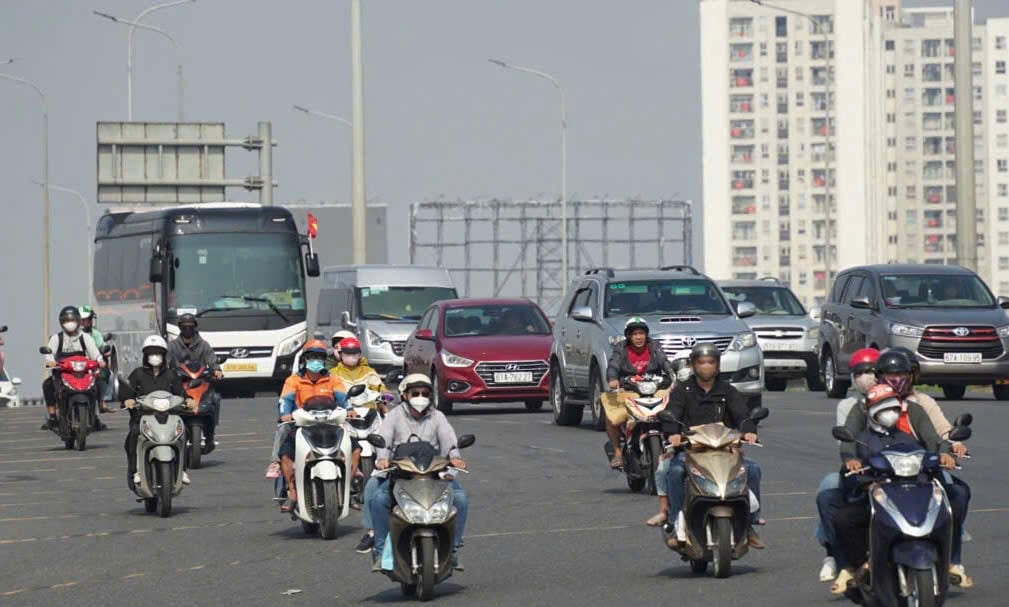














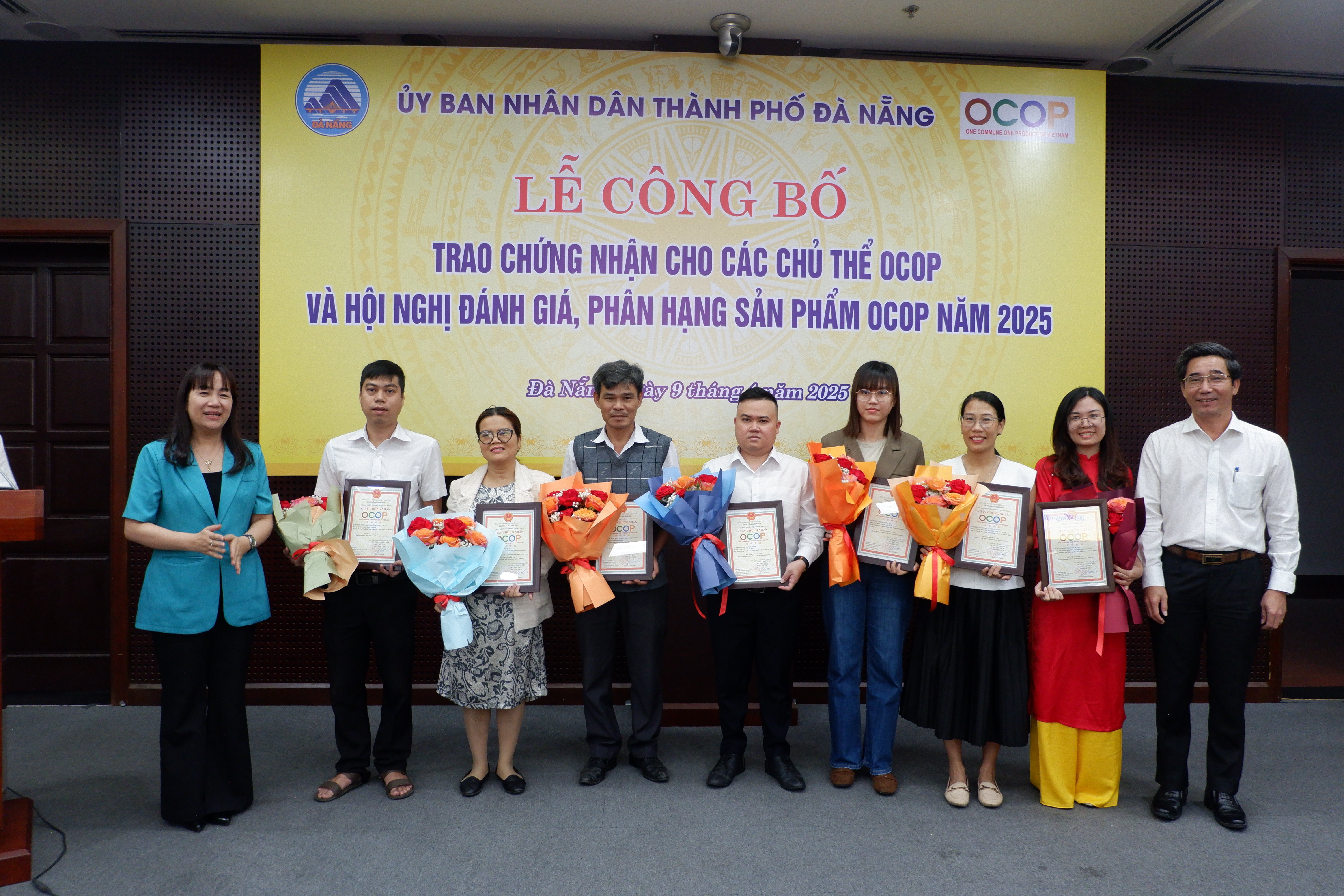

Comment (0)